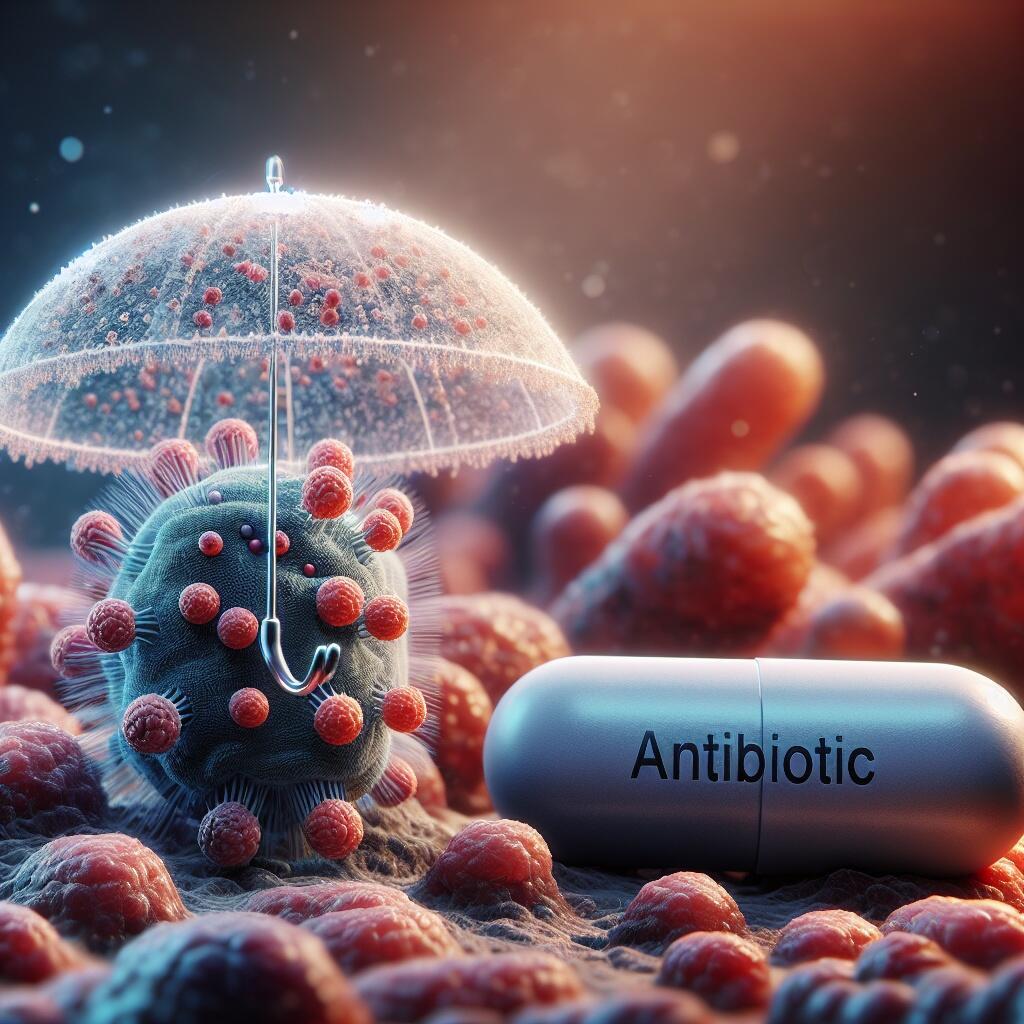Getting your Trinity Audio player ready...
The link between the digestive system and the brain has been known to science for a long time. However, in recent years, more and more scientists in Israel and around the world have begun to realize that our gut bacteria, which are influenced by what we consume, affect our behavior. Recent studies have shown that the bacteria in our bodies may impact various social behaviors and mental disorders, from depression to autism.
My lab, located at the Faculty of Medicine at Bar-Ilan University in the Galilee, has been researching the connection between gut bacteria and brain development and behavior in recent years. This time, we focused on bacterial changes during infancy, specifically in the first 48 hours of a newborn's life, through the administration of antibiotics. The research, recently published in the prestigious journal Brain, Behavior and Immunity, found a link between changes in the composition of gut bacteria and increased aggression in mice. This study builds on our previous findings that indicated a connection between antibiotic exposure and increased aggression in a fruit fly model, but here it is expanded and deepened using a mouse model.
The findings, for the first time also based on "humanized" mice, shed light on the important and critical role of the gut-brain axis in shaping social behaviors. The research, led by student Atara Ozen-Yulzari in mice and "humanized mice" (mice implanted with feces from one-month-old infants exposed to antibiotics in the first days of their lives), discovered that changes in gut bacterial composition due to antibiotic treatment lead to an increase in aggressive behavior in mice.
In this model, behavioral, biochemical, and genetic changes resulting from alterations in the gut bacteria population due to antibiotic treatment were examined. To assess aggression levels, a validated behavior test was conducted where an "intruder" mouse is placed in the cage of a "resident" mouse. The results showed a clear and significant link between the change in the gut bacteria population, caused by antibiotic treatment, and increased aggressive behavior.
To examine the effect of antibiotics on mechanisms related to aggressive behavior, researchers performed a metabolomic analysis of urine. Significant changes were found in serotonin, an important neurotransmitter with a major impact on social and emotional behaviors, including aggressive behavior.
How are mice "humanized"?
One of the unique features of this research is the use of "humanized" mice, which are germ-free mice that have undergone fecal transplantation from the human digestive system, in this case from one-month-old infants who received antibiotics in the first days of their lives or infants who were not exposed to such treatment. This experiment increases the relevance of our findings to understanding how early-life antibiotic exposure affects aggressive behavior in humans.
"These findings align with epidemiological studies that have shown a connection between early antibiotic exposure and behavioral problems, such as attention and concentration issues and behavioral disorders."
 Prof. Omry KorenPhoto: Bar Ilan University
Prof. Omry KorenPhoto: Bar Ilan UniversitySimilar to previous results, this experiment also showed a significant increase in aggression levels in these mice compared to mice that underwent fecal transplantation from the control group, infants of the same age who were not exposed to antibiotics. These findings align with epidemiological studies that have shown a connection between early antibiotic exposure and behavioral problems, such as attention and concentration issues and behavioral disorders.
The research provides new and important insights into the central role of the gut microbial population in regulating aggressive behavior and emphasizes the need for further studies to thoroughly examine the involved mechanisms and the potential implications for clinical applications. The findings suggest that the gut-brain axis plays a critical role in the development of aggressive behavior, especially when the microbiome undergoes changes during critical developmental periods, such as infancy.
- Omry Koren is a Professor at the Azrieli Faculty of Medicine and Vice Dean Resource Development


